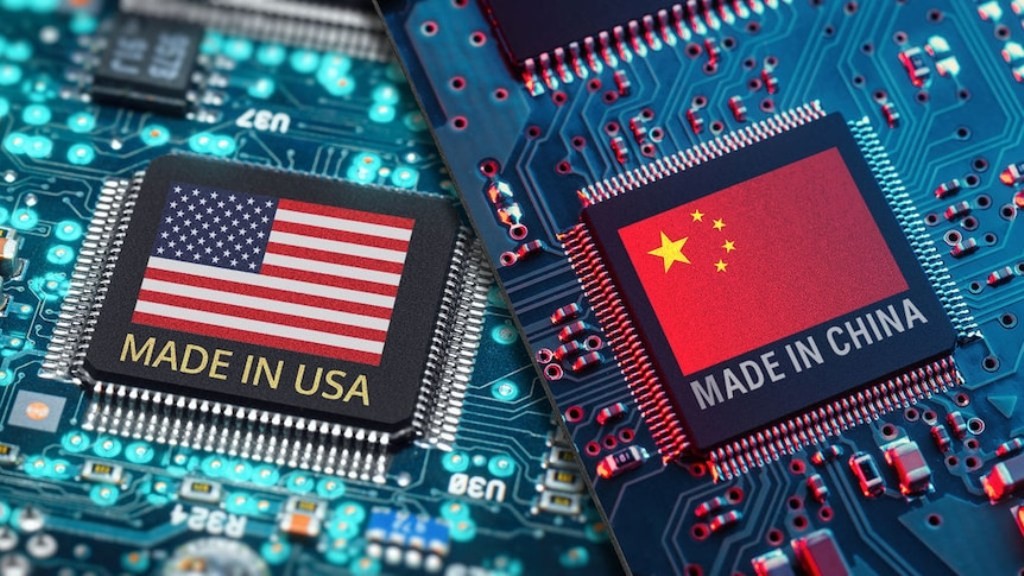 |
| American technology companies remain heavily dependent on China. (Source: ABC News) |
Flooding to China
Earlier this year, executives from some of America’s most powerful tech companies flocked to China as the country eased its Covid-19 restrictions and began to reopen. Despite the strained relationship between Washington and Beijing, major US corporations are increasingly looking for opportunities in the billion-people market.
In March, Apple CEO Tim Cook attended the China Development Forum in Beijing, where he said, “Apple and China grow together. It’s a symbiotic relationship.”
In April, Intel CEO Pat Gelsinger also visited Beijing and met with Chinese officials.
In late May, Elon Musk, co-founder of electric car company Tesla, visited China. The famous businessman met with Chinese government officials in Beijing and then toured the Tesla factory in Shanghai.
And most recently, in June 2023, Bill Gates, co-founder of the American technology giant Microsoft, was received by Chinese President Xi Jinping in Beijing - an almost unprecedented exception for a business leader.
"You are the first American friend I have met this year," the Chinese president told the American billionaire.
Indispensable market
The attention Washington tech leaders have paid to Beijing demonstrates the country's importance to some of America's biggest companies.
While the world's largest economy is tightening sanctions to block China's access to US technology, Washington's biggest tech companies remain heavily dependent on the billion-people market.
In fact, despite five years of "separation", this dependence has hardly changed.
In 2018, Washington began to gradually move toward decoupling from Beijing under then-President Donald Trump, who imposed export and investment restrictions aimed at limiting China’s access to advanced US technology.
But five years later, an analysis of financial data by Nikkei Asia shows that American tech companies are still heavily dependent on China.
As a percentage of annual sales, top tech brands such as Apple and Tesla have seen their sales rise or remain largely flat since 2018. Even companies in the semiconductor sector, which have been a particular target of the US government, have seen little change in revenue.
QUICK-FactSet data shows that Apple, the world's most valuable company by market capitalization, will make the most money in China in 2022, nearly $70 billion. Meanwhile, Qualcomm - a major US chip company - also depends on China for more than 60% of its revenue.
Qualcomm, Lam Research and four other US semiconductor companies said the Chinese market was their largest source of revenue last year, surpassing major markets such as Europe, the US and Japan.
In 2022, total bilateral trade between the world's two largest economies reached a record $690 billion, with Washington's exports to Beijing also rising 28% between 2018 and 2022.
Mr. Fu Fangjian, Associate Professor of Finance at Lee Kong Chian School of Business, Singapore Management University, commented: "China has developed into an indispensable part of the global economy. This country is also a unique market that is not much inferior to the US. While Washington tries to block Beijing's access to high technology, it is difficult for US technology giants to stay away from this important market."
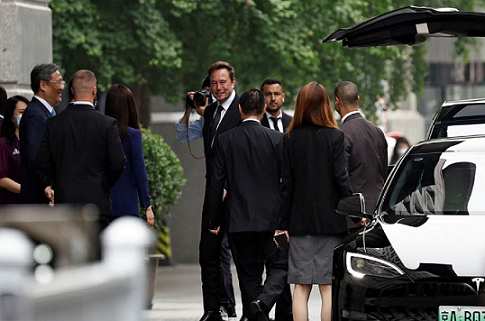 |
| Tesla CEO Elon Musk in Beijing on May 31. (Source: Nikkei Asia) |
Efforts to eliminate risk
Some experts warn that heavy dependence on China for revenue could hurt US tech companies.
“The biggest risk for US tech companies is a complete ban and the loss of the ability to sell or manufacture in China,” said Abishur Prakash, CEO of The Geopolitan Business, a Toronto-based consultancy.
For Apple, Tesla and chipmakers that supply semiconductors to electronics factories in China, US-China tensions have huge implications.
In May, Chinese authorities announced that American memory chip giant Micron Technology had failed a security review. Micron was banned from selling its products to domestic Chinese companies.
" Approximately half of Micron's revenue in China is at risk of being severely impacted. This 'headwind' is weighing on our growth prospects and slowing our recovery," said Sanjay Mehrotra, CEO of Micron.
To mitigate geopolitical risks, some US tech companies have begun reorganizing their operations in China, in an effort to prevent potential damage from sanctions.
In May, LinkedIn, a social media platform owned by Microsoft, announced it would shut down its apps in China and cut more than 700 jobs. LinkedIn cited “shifting customer behavior and slower revenue growth as reasons behind the decision.”
In late May, Hewlett Packard Enterprise (HPE) announced plans to sell a stake in H3C for $3.5 billion. H3C is the company that sells HPE hardware in China.
"This is the best outcome for customers, employees and shareholders," said HPE CEO Antonio Neri. "Clearly, doing business in China is becoming increasingly complex. HPE will have a very small presence in China to support multinational customers and will continue to sell HPE services through H3C."
In early June, leading US venture capital firm Sequoia Capital also announced its decision to spin off its China division. This decision is aimed at restructuring the company's operations, aiming to simplify its business operations.
And this month, Amazon.com also announced that it would officially close its app store in China.
A new status quo is emerging.
According to Nikkei Asia 's assessment, in the past, the direct 'victims' of the US-China technology competition were mostly on Beijing's side.
The US sanctions have dealt a "hard blow" to Chinese tech giants, restricting their access to important US technology. Huawei and ZTE are two major companies whose operations have been directly affected.
Not only that, Washington and several other Western countries have also banned the use of Huawei and ZTE 5G equipment in communications infrastructure.
But experts say that as the Sino-US confrontation drags on and worsens, restrictions from both sides are starting to hurt key US industries.
“A significant portion of our business is concentrated in China, and the risks of that concentration are exacerbated by trade tensions between the world’s two largest economies,” Qualcomm said in its annual report.
Meanwhile, Apple noted: "US-China tensions have resulted in a series of new tariffs and business restrictions. Tariffs increase the cost of products, components, and raw materials. These increased costs will reduce the company's profit margins."
Analysts see the US-China technology confrontation as not ending anytime soon.
Akira Minamikawa, senior consulting director at UK-based research firm Omdia , predicts that the world's largest economy will only retreat when China's technological competitiveness declines.
According to Mr. Prakash: "There is no easy way for businesses to deal with competition between the US and China. Business owners must accept that a new status quo is emerging."
Source








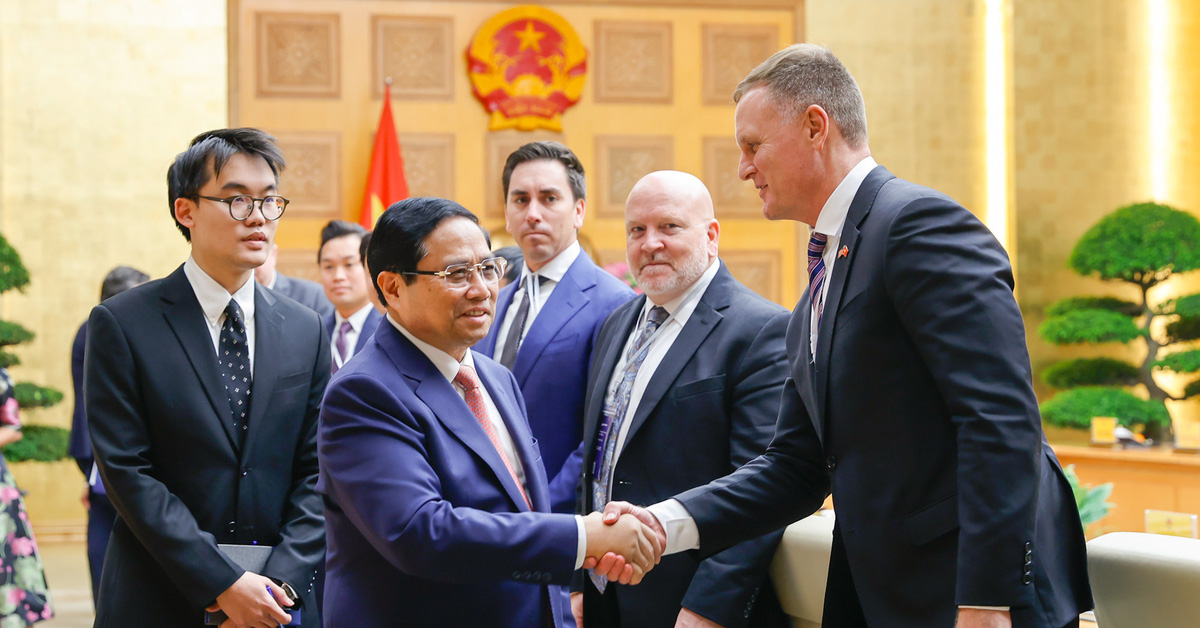

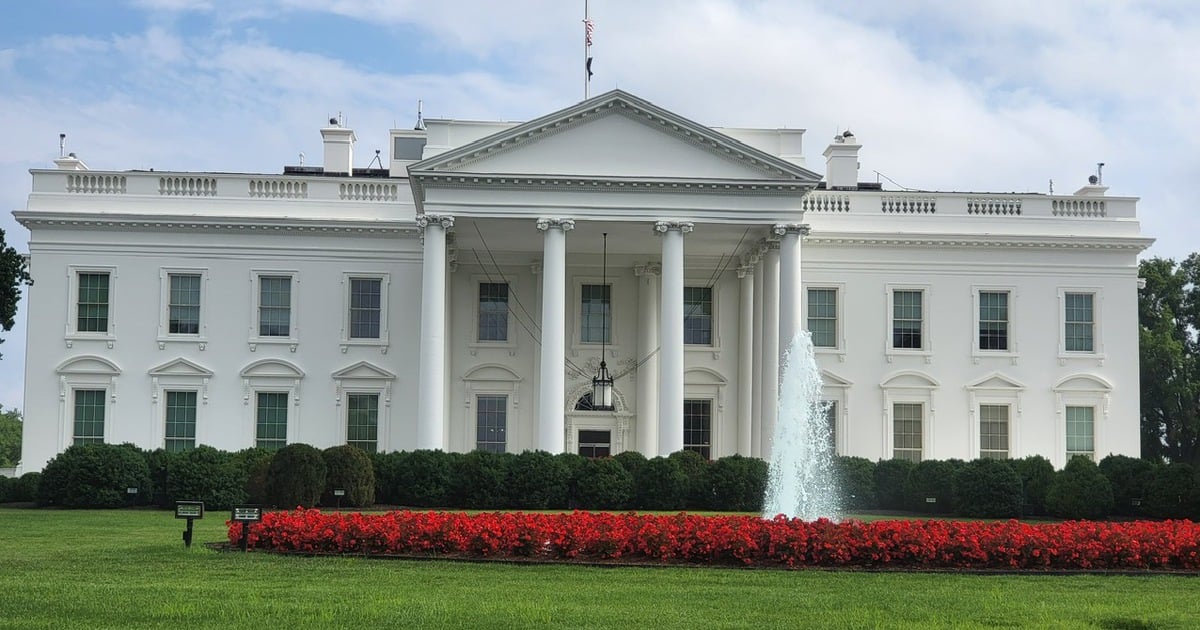

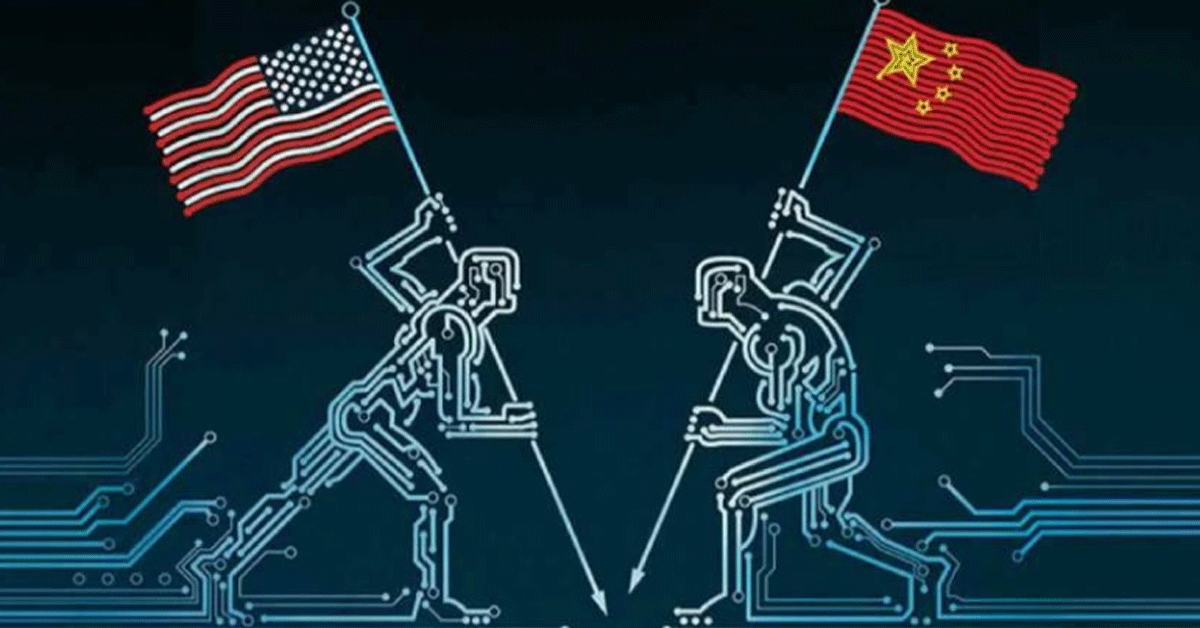

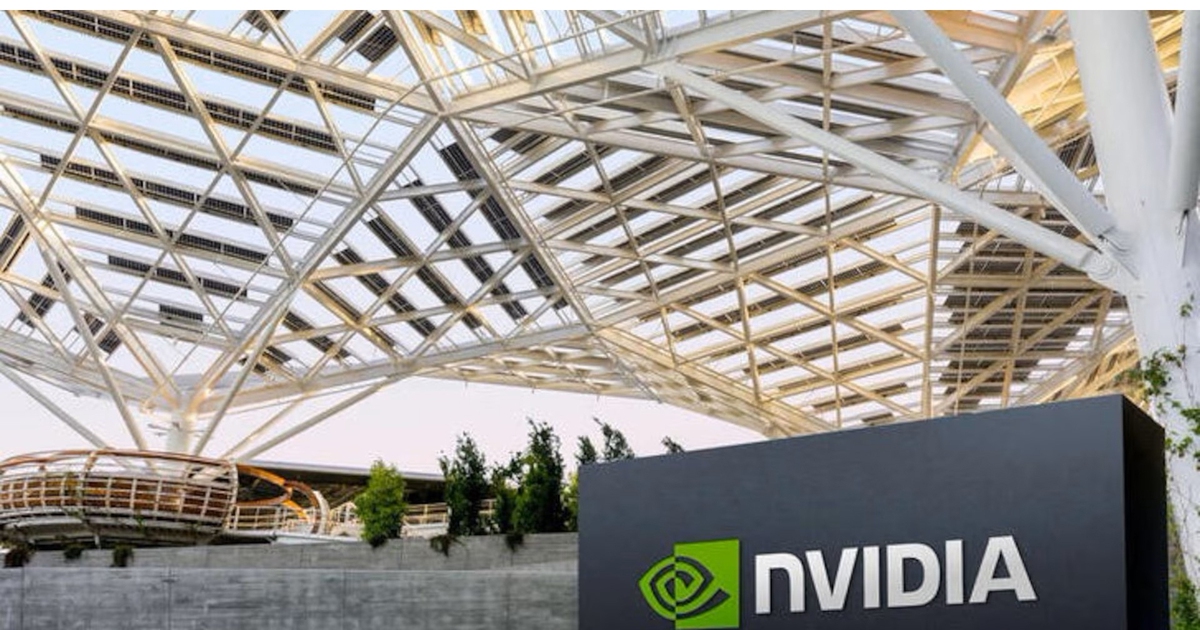
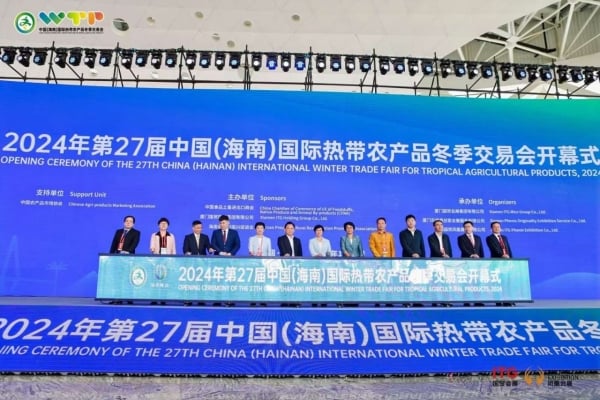
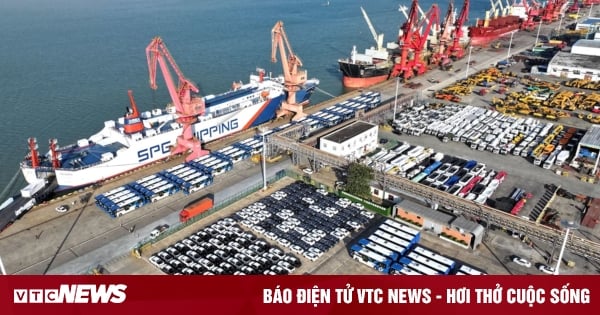

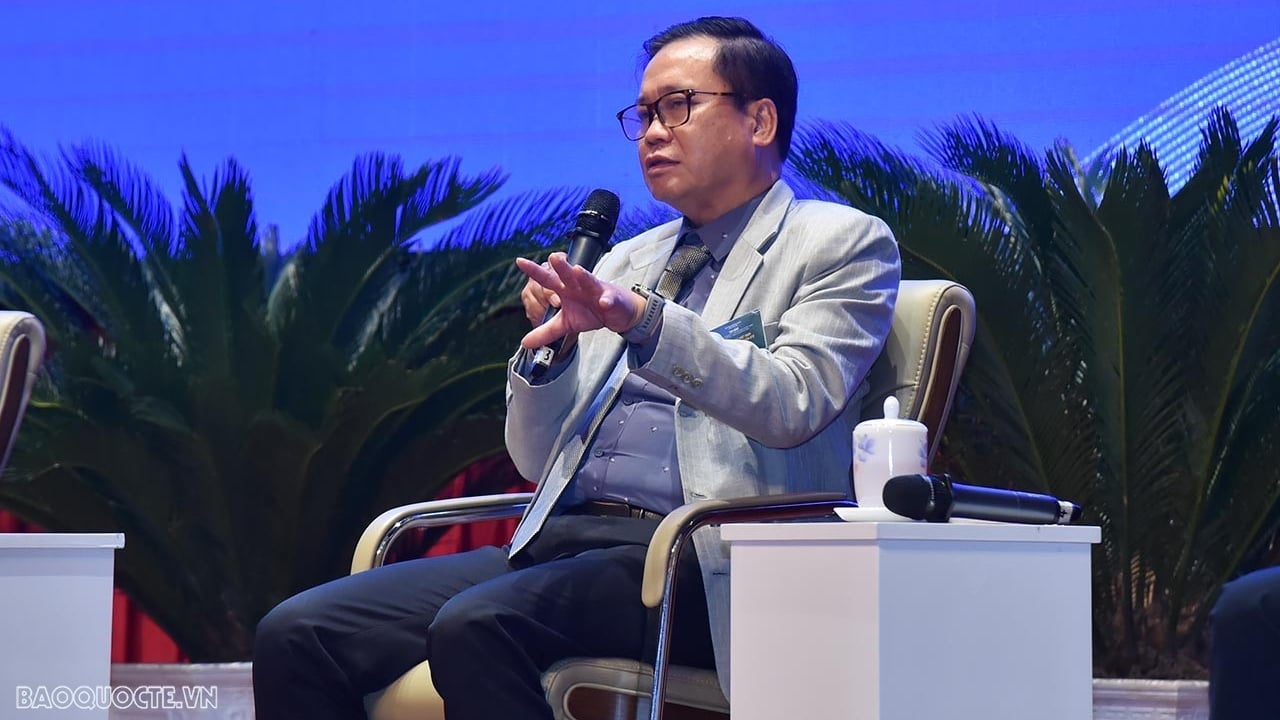

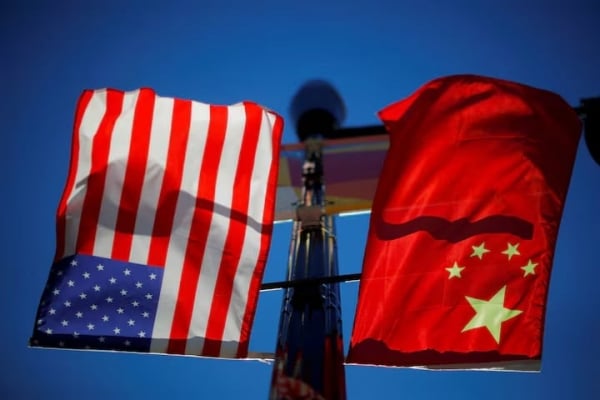















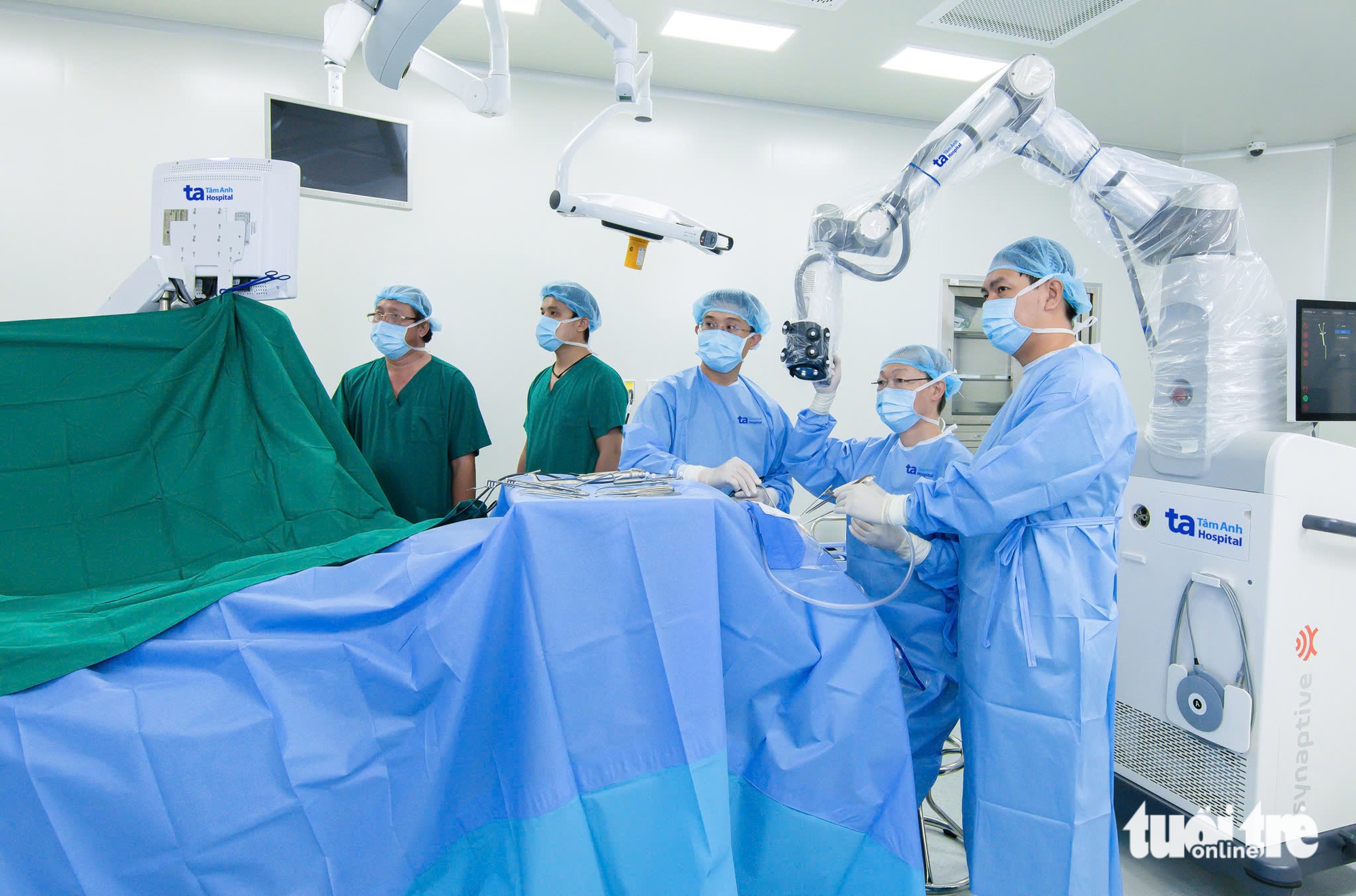

Comment (0)